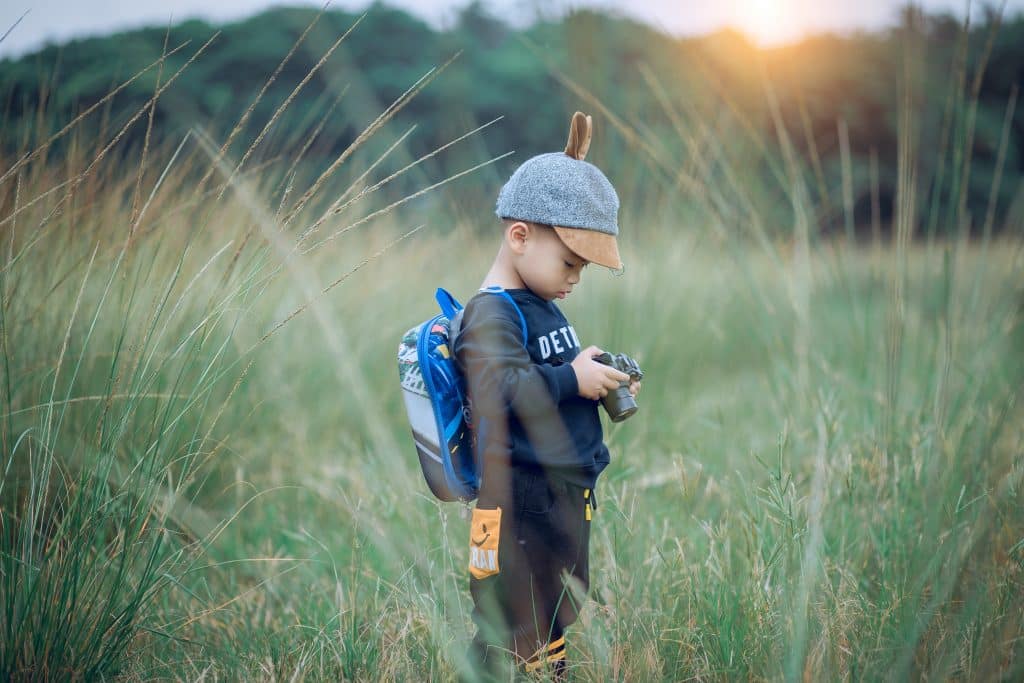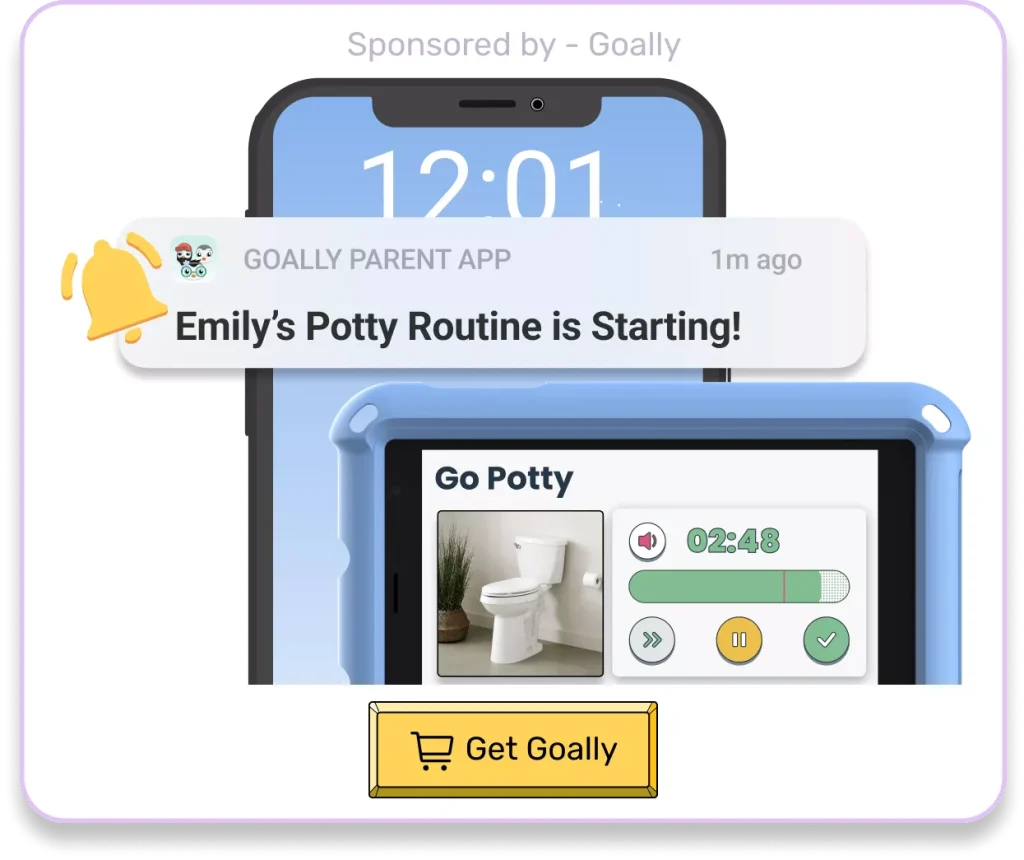For children with high functioning autism, making friends can be challenging. This guide offers practical strategies to help parents support their child’s social development, build meaningful connections, and navigate the complexities of friendship, with additional support from tools like Goally.
Table of Contents
Key Takeaways:
- Understand unique social challenges of high functioning autism
- Foster social skills through structured play and activities
- Teach explicit social cues and body language
- Develop emotional intelligence
- Create a social skills toolbox
- Be patient and set realistic expectations
- Communicate with teachers and caregivers
- Seek professional help if needed
- Utilize supportive tools like Goally’s learning tablet
How can parents help a child with high functioning autism make friends? Parents can help their child with high functioning autism make friends by teaching social skills, arranging structured social activities, encouraging participation in shared interest groups, explicitly explaining social cues and body language, developing emotional intelligence, and creating a social skills toolbox for various social situations.
Understanding the Social Challenges of High Functioning Autism
Firstly, it’s essential to recognize the unique social challenges faced by kids with high functioning autism. These may include:
- Difficulty reading social cues and body language
- Struggling with verbal and non-verbal communication
- Challenges in understanding and expressing emotions
- Preference for routine and predictability
By understanding these challenges, you can better support your child in developing social skills and building friendships. Goally’s learning tablet for kids can be a valuable tool in addressing these challenges, offering customized apps and resources to help your child improve their social skills.
Strategies to Help Your Child Make Friends
Now that we’ve identified the challenges, let’s explore some practical strategies to help your child with high functioning autism make friends.
1. Foster Social Skills Through Play
For instance, playdates and group activities provide opportunities for your child to practice social skills in a safe and familiar environment. Encourage activities that promote cooperation, turn-taking, and communication, such as board games or team sports. Moreover, consider inviting neurotypical kids to join, as they can serve as positive role models for your child.

Read more: Autism and Understanding Social Cues
Goally’s learning tablet offers a variety of apps and games designed to foster social skills development in a fun and engaging way. By incorporating Goally into your child’s playtime, you can help them practice essential social skills while enjoying their favorite activities.
2. Teach Social Cues and Body Language
Since kids with high functioning autism may struggle to read social cues, it’s crucial to teach them explicitly. Use role-playing, videos, or social stories to demonstrate appropriate body language, facial expressions, and tone of voice. In addition, discuss different social scenarios and explain the expected behaviors and responses.
| Social Cue | Explanation |
|---|---|
| Eye Contact | Looking at someone’s eyes during conversation shows interest and attentiveness. |
| Facial Expressions | Our faces convey emotions, such as happiness, sadness, or anger, which help others understand how we feel. |
| Body Language | Posture, gestures, and movements can communicate our thoughts and feelings without words. |
3. Develop Emotional Intelligence
Help your child understand and express their emotions by labeling feelings and discussing appropriate ways to cope. For example, teach them to recognize when they’re feeling overwhelmed and practice calming techniques, such as deep breathing or counting to ten. Similarly, encourage empathy by discussing how others might feel in various situations.
Goally’s learning tablet can support your child’s emotional intelligence development through interactive apps and activities that teach emotional recognition, expression, and regulation. By incorporating Goally into your child’s daily routine, you can help them build a strong emotional foundation for successful friendships.
4. Create a Social Skills Toolbox
Equip your child with a “toolbox” of social skills they can draw upon in different situations. This may include:
- Conversation starters and appropriate topics
- Active listening techniques
- Strategies for joining and exiting group conversations
- Conflict resolution skills

Read more: Child Not Making Friends at School | How to Help
Regularly review and practice these skills to help your child feel more confident in social settings. Goally’s learning tablet offers a wealth of resources to help your child build their social skills toolbox, from interactive games and activities to expert advice and guidance.
Supporting Your Child’s Journey to Friendship
As a parent, your support and encouragement are vital in helping your child with high functioning autism build friendships. Here are some ways you can be their cheerleader:
1. Be Patient and Realistic
Building social skills takes time and practice. Set realistic expectations and celebrate small victories along the way. Most importantly, be patient and understanding of your child’s unique challenges and progress.
2. Communicate with Teachers and Caregivers
Keep an open line of communication with your child’s teachers and caregivers. Share your insights and strategies to ensure a consistent approach in supporting your child’s social development. Don’t forget to mention how Goally has been helping your child improve their social skills, so teachers and caregivers can reinforce these strategies in school and other settings.
3. Seek Professional Help if Needed
If your child continues to struggle with making friends, consider seeking professional help from a therapist or counselor who specializes in autism spectrum disorders. They can provide tailored guidance and support for your child’s specific needs. Remember to share your child’s progress with Goally, as this information can be valuable for the professional to better understand your child’s strengths and areas for improvement.
Goally | Visual Scheduler for Autism
Does your child struggle with getting ready in the morning independently? Goally’s routine app on the best tablet for kids breaks down large tasks into small, achievable steps for autistic kids. Create custom routines with your own videos & pictures for every step.
In short, remember that every child is an extraordinary individual, and what works wonders for one may not resonate with another. Embrace your child’s unique qualities and strengths with confidence, and encourage them to do the same. By creating a nurturing and supportive environment and implementing the strategies effectively outlined in this guide, you will empower your child with high functioning autism to navigate the realm of friendship with confidence and success. With the reliable assistance of Goally’s innovative learning tablet and personalized apps, your child will develop the social skills essential for forming deep, lasting connections and enjoying the profound benefits of friendship.
Helpful Resources
FAQ’s About High Functioning Autism | No Friends
What is high functioning autism?
High functioning autism, also known as Asperger's syndrome, is a form of autism where individuals have average or above-average intelligence and fewer obvious social and communication challenges compared to those with more severe autism.
Why do some individuals with high functioning autism struggle to make friends?
Individuals with high functioning autism may have difficulty with social skills, reading social cues, and understanding the unwritten rules of social interaction, which can make it challenging for them to form and maintain friendships.
How can parents help a child with high functioning autism make friends?
Parents can help by teaching social skills, arranging social activities, and encouraging their child to join clubs or groups with shared interests to find potential friends with common ground.
What are some strategies for a child with high functioning autism to make friends?
Strategies may include practicing conversation skills, learning about body language and facial expressions, and finding hobbies or activities to bond with potential friends over.
When should parents seek professional help for a child with high functioning autism who struggles socially?
If a child with high functioning autism is experiencing persistent social isolation, depression, or anxiety due to difficulties making friends, it may be helpful to consult a therapist or social skills specialist.
This post was originally published on 05/18/2023. It was updated on 08/21/2024.
Emily is a seasoned blog writer for Goally, leveraging her extensive background in child psychology and special education to provide valuable insights and resources for parents. Her commitment to understanding and addressing the unique needs of these children, combined with her expertise in educational strategies, makes her a credible and empathetic voice for families.






